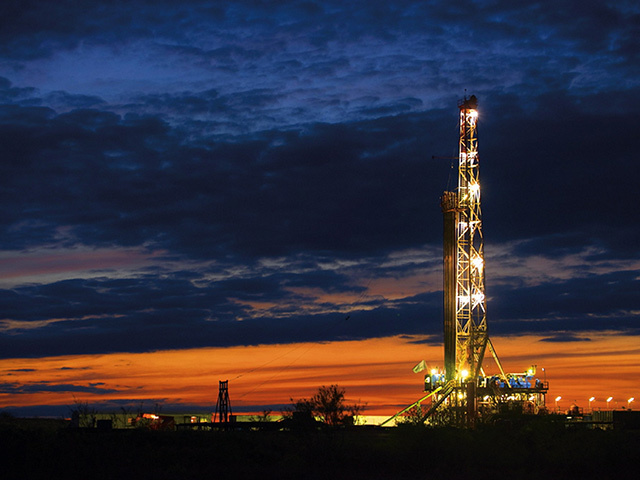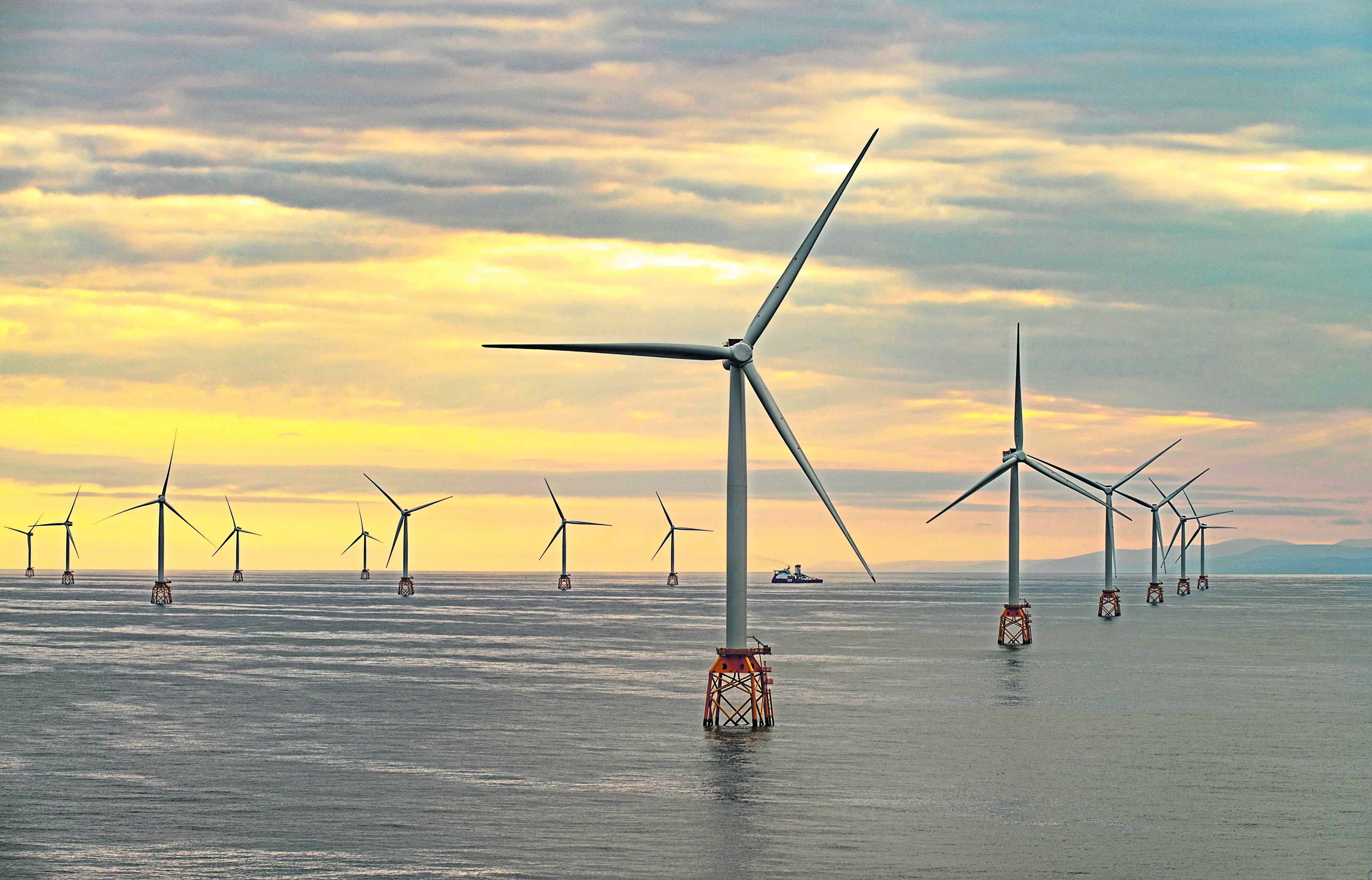
French oil and gas major Total has started the charge towards investment into UK shale gas developments after agreeing to spend more than £28million on two licences in England.
The firm has struck deals with IGas, Egdon, GP Energy and eCorp Oil and Gas to take a 40% stake in two licences in the East Midlands
IGas will initially lead the project, in Lincolnshire’s Gainsborough Trouph, with Total paying £1million to cover the costs of the partners so far.
It will also fund at least £11.5million in work on the sites, including acquiring 3D seismic data, drilling and testing a vertical exploration well and, if successful, a second appraisal well. Overall, its investment in the project could rise to more than £28million.
“This opportunity is an important milestone for Total E&P UK and opens a new chapter for the subsidiary in a promising onshore play,” said Patrice de Viviès, Total’s vice president for Northern Europe.
“The group is already involved in shale gas projects in the US, Argentina, China, Australia and in Europe in Poland and in Denmark, and will leverage its expertise in this new venture in the UK.”
The deal marks the first major investment into the UK’s fracking operations since the UK government announced its roadmap for shale gas development last month.
A report has been opened to public consultation by the Government as the countdown begins to the issuing of new onshore licences later this year. Up to 150 new projects are set to get the go-ahead, despite concerns about the potential environmental impacts of fracking.
Last year Centrica took a 25% stake in the Bowland exploration licence in Lancashire for around £40million, with plans to invest four times that if natural gas on the field, near Blackpool, was proved to be commercial. In October, GDF Suez took a 25% stake in the 13 licences around Cheshire and the East Midlands owned by Dart Energy.
Total’s investment will see them take over as operators of the projects from IGas once initial work has been carried out on the sites, with IGas chief executive Andrew Austin saying the deal represented a vote of confidence in the UK’s shale future.
“The entry of the first major into UK shale gas licences is a further endorsement of the potential that exists following the recent commitments by Centrica and GDF Suez, and demonstrates strong support for our operating capability,” he said.
“The future development of natural gas has the potential to create thousands of jobs, generate significant tax revenues, reduce our ever increasing reliance on imported coal and gas and make a positive contribution to the country’s balance of payments.
“As operator, we will be embarking on a stakeholder programme in the area which will involve extensive community engagement.”
Meanwhile the onshore oil and gas industry’s representative body has launched a new study into supply chain and skills issues affecting the sector.
The UK Onshore Operators Group has linked up with the government to carry out the study, which will look at the potential skills gap and supply chain problems which could affect the industry as it gears up for a potential shale gas boom.
The study, which will be carried out by EY, will cover infrastructure such as water treatment and transport, along with job creation – with a recent report by the Institute of Directors having estimated as many as 74,000 jobs being created through shale gas investment.
“The development of a robust UK onshore oil and gas supply chain will improve the economics of the projects being developed by the oil and gas industry,” said UKOOG chief executive Ken Cronin.
“We have a huge opportunity of creating that supply chain here in the UK, this study is the first plank in ensuring that this happens and that the UK fully benefits from the natural resources below our feet in terms of investment and jobs.”
Recommended for you
